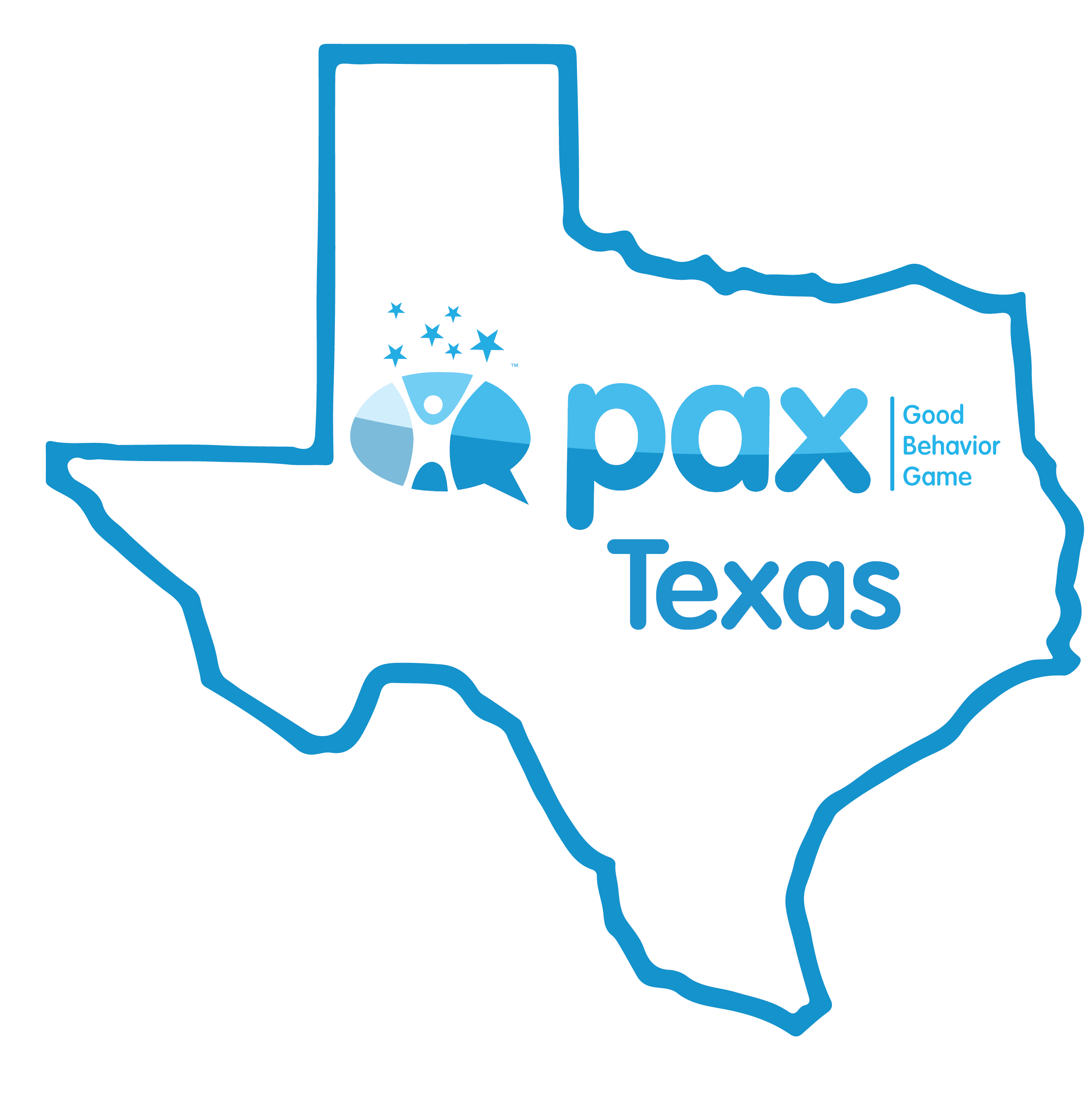
PAX Tools for Human Services
PAX Tools for human services
What is PAX Tools for Human Services?
PAX Tools for Human Services is a collection of trauma-informed, evidence-based behavioral strategies for human service professionals who work with youth. These strategies promote the development of self-regulation, reduce conflict, and improve relationships. Professionals who attend this training will receive the strategies and materials they need to effectively use PAX Tools in their work with young people, and resources to share with parents and caregivers of the children they serve. This training is targeted to professionals working in Behavior Health, Case Management, Child Life, Child Welfare, Juvenile Justice, Peer Support, Social Work, Wrap Around.
About PAX Tools for Human Services Training
PAX Tools for Human Services Training consists of 6 content hours where participants learn how to implement eleven evidence-based strategies in their professional practice during normal interactions with young people. Participants in training leave with all the skills and materials they need to start implementing PAX Tools strategies right away! Additionally, participants who complete this training gain access to reproducible resources online and ongoing support from PAXIS.
PAX Tools for Human Services Training
This training is for: Professionals working in Behavior Health, Case Management, Child Life, Child Welfare, Juvenile Justice, Peer Support, Social Work, Wrap Around
If you need to train 20 or more staff, you can pick the day and time of training. Just email us at paxgbg@esc13.net.
Start Today with Self-Paced
PAX Tools for Human Services
Self-Paced
This training is provided online and needs to be completed in two weeks.


Funding made possible (in part) by grant award number H79TI085747 from the Substance Abuse and Mental Health Services Administration and with the support of The Texas Health and Human Services Commission. The views expressed in training materials, publications and by speakers and moderators do not necessarily reflect the official policies of the Department of Health and Human Services or Texas Health and Human Services Commission; nor does mention of trade names, commercial practices, or organizations imply endorsement by the U.S. or Texas Government.
